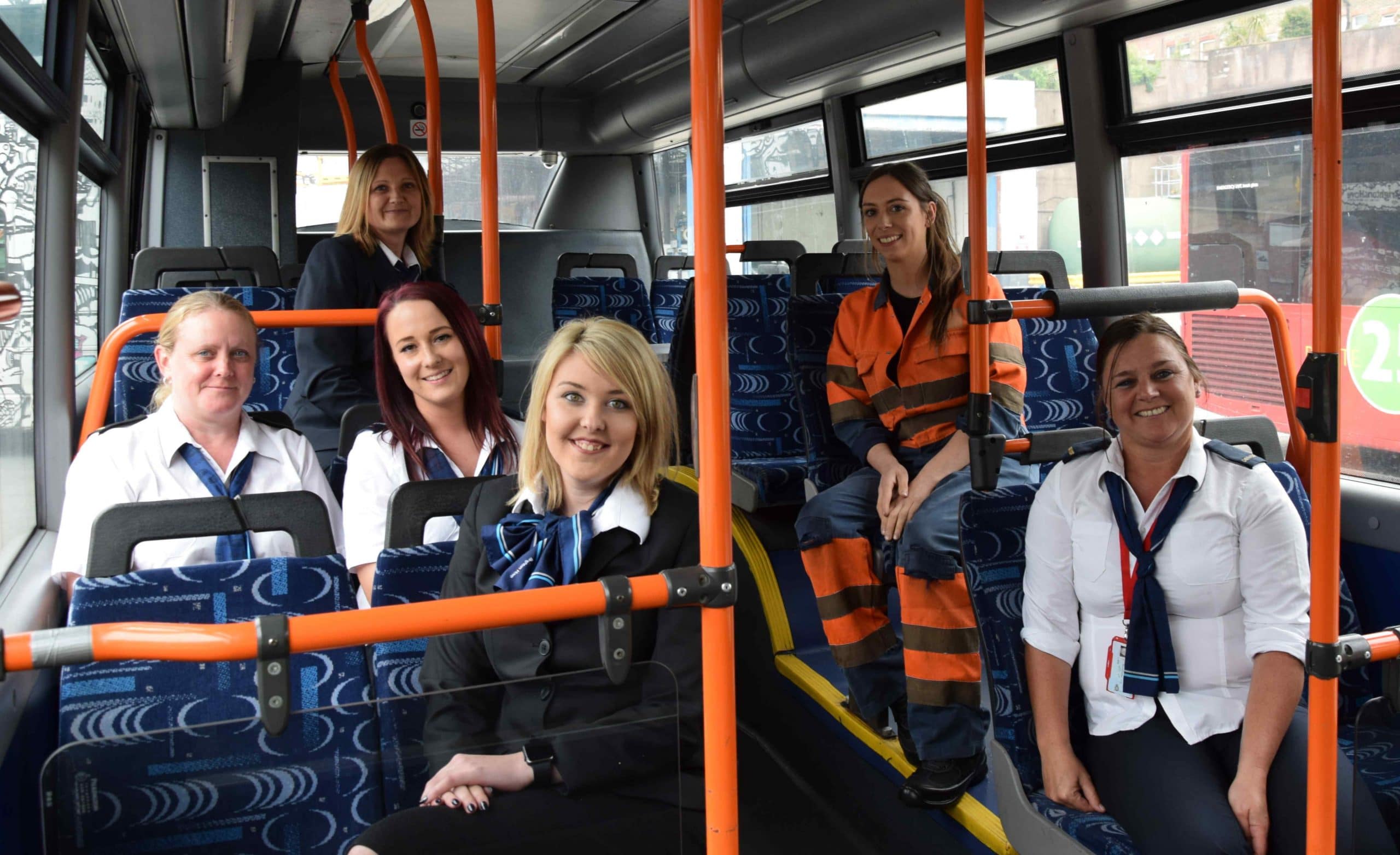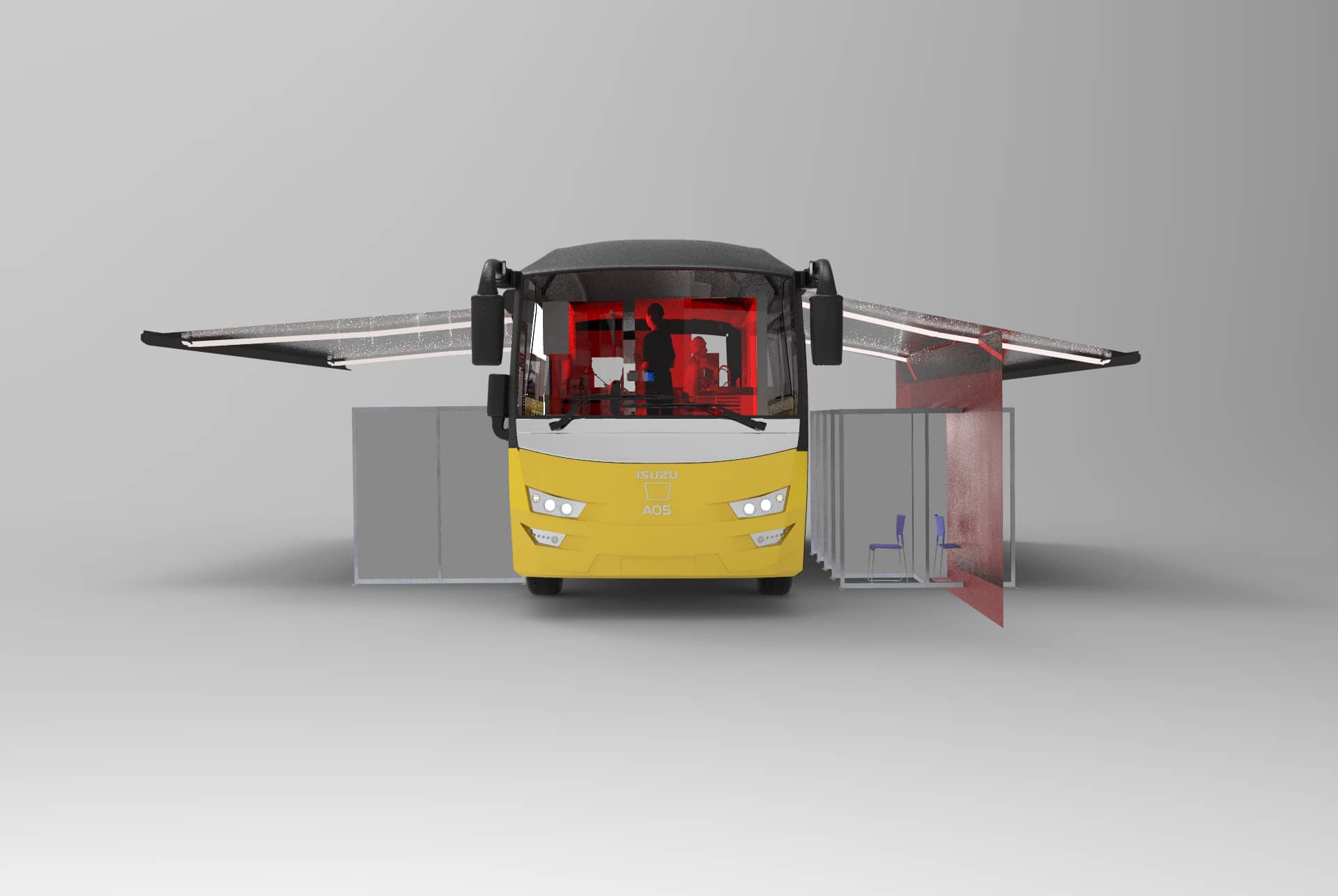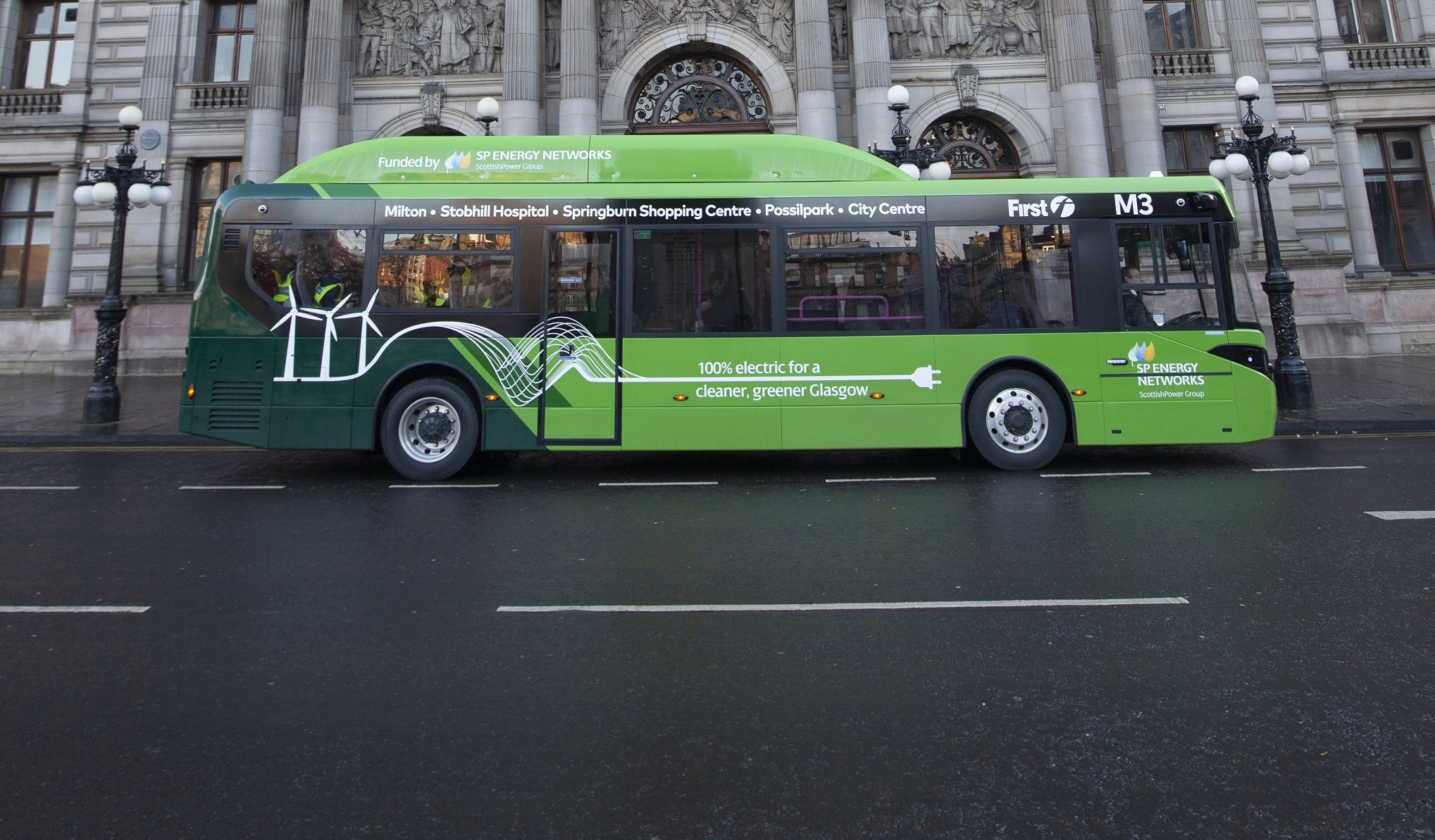Gender balance remains the coach and bus industry’s biggest challenge in terms of scale, according to Managing Director of Brighton and Hove Metrobus Martin Harris.
Addressing the industry alongside Chief Executive of Women in Transport Sonya Byers at the Confederation of Passenger Transport Impact of COVID on our People and Culture workshop, together they revealed that women are still significantly underrepresented in the transport sector, with only 22% of transport workers identifying as women.
Evidence suggests that addressing that imbalance helps businesses perform better. In 2016 the Department for Transport said equalising the labour force participation rates of men and women could further increase GDP per capita growth by 0.5% each year, “with potential gains of 10% of GDP by 2030”.
This is reinforced by the 2015 McKinsey Why Diversity Matters report, which says companies in the top quartile for diversity financially outperform those in the bottom quartile – with gender diverse companies 21% more likely to outperform, and ethnically diverse companies 33% more likely to outperform.
According to a Towers Watson global workforce study in 2012, businesses with high inclusive engagement showed an operating profit 27% higher than those without.
Gender diversity in the workplace remains one of the 17 United Nations sustainable development goals. But Ms Byers reveals only 7% of bus drivers are women, impacting on the perception of public transport and on equal opportunities.
Women in Transport offers three tips to employers to address this. They include making sure diverse and representative groups inform big decisions; that cost-cutting measures do not disproportionately affect women’s roles or salaries; and that men are able to pick up caring responsibilities by allowing them to amend their working patterns.
Bringing in more women drivers will strengthen the pipeline for supervisory and managerial roles, which are often attained through progression, and Mr Harris says opportunities to create credible role models have to be maximised.
“In an industry where the numbers are so imbalanced, those role models are invaluable to our existing employees,” he says.
The benefits are improved driver and staff retention, and operators become employers that are respected in the community and ones that people want to work for, he adds.




























